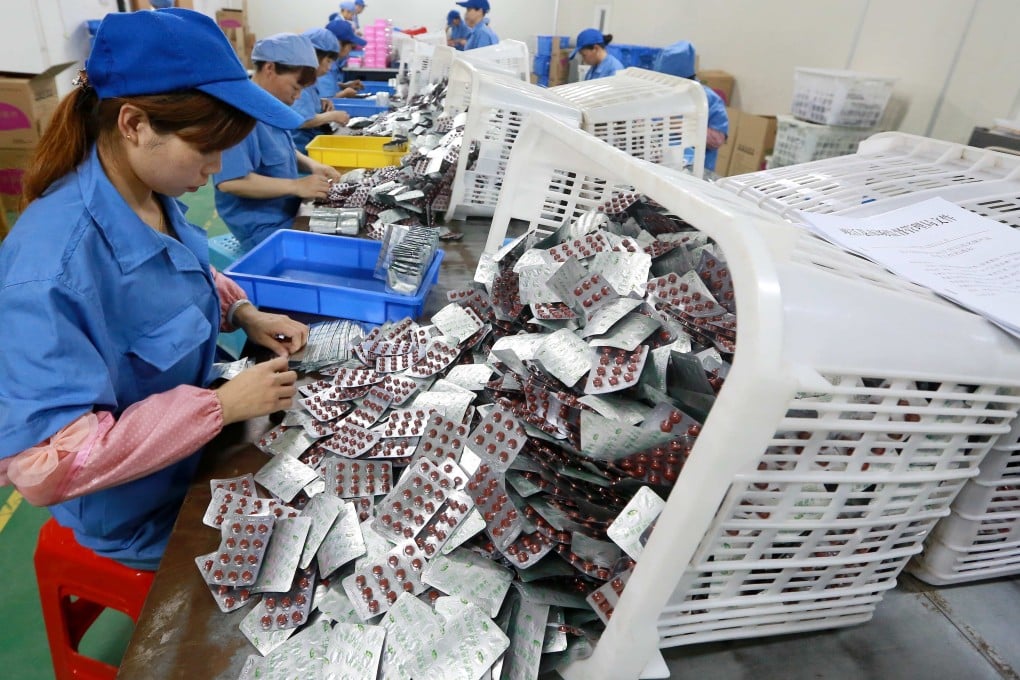Opinion | Weaponising China’s export of medicines is wrong, immoral and should be denounced
- High-profile economist Li Daokui said that Beijing could restrict drug exports to the US if the Trump administration was to cut China’s access to semiconductors
- Washington has been ratcheting up attacks on Chinese tech firms, including starving Huawei of components made by American companies

It is wrong for several reasons. First, with or without a pandemic, for an individual of any country, unaffected access to medicines is both a right and a necessity. Safe and effective medicines are not just another category of ordinary products. They are produced and traded to meet the needs of residents of countries around the world for treatment of diseases and improvement of health.
Deliberate foreign tempering with access to medicines in a country amounts to direct attack on the well-being of present and potential patients and, by extension, healthy residents in the event of an epidemic. Continuing development of the Chinese economy depends as much on control of the Covid-19 pandemic in the Chinese society as it does for other countries. Everything else being equal, trade and investment make up the tangible linkage between China and the rest of the world.
A curb on exports of medicinal products is almost certainly going to result in either a reduction or complete removal of foreign pharmaceutical production in China. Chinese medicinal consumers are bound to suffer at least as much from a purposeful disruption of the globalised pharmaceutical industry chain.
Claims of one country controlling the medicine chest of another is without factual merit
Third, in a material sense, China may not be that much of a swing factor in the world’s medicine industry chain in the first place. It is beyond the layman’s capacity to evaluate claims of ‘over dependency’ on medicines and APIs made in China.
